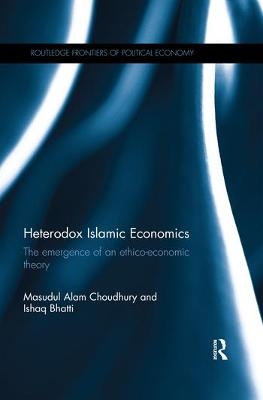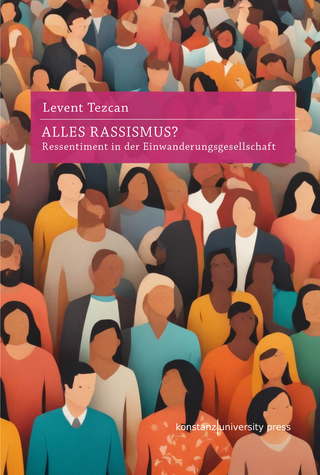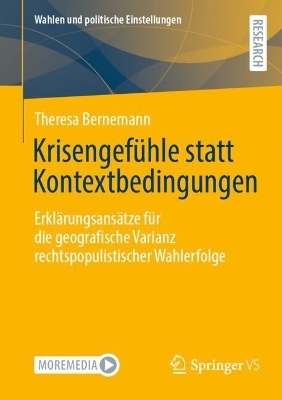
Heterodox Islamic Economics
Routledge (Verlag)
978-0-367-32195-6 (ISBN)
The fields of morality and ethics have been left out significantly from socio-scientific study in general and in economics and finance in particular. Yet this book argues that in this age of post-modernist analytical inquiry, the study of morality and ethics is an epistemological requirement. This book illustrates the delimiting nature of mainstream economic reasoning in treating morality and ethics and highlights the potential contribution of analytical monotheism, as typified by the Islamic concept of Tahwid.
The principal purpose of this book is to undertake an introductory exploration of the critical area of comparative economic thought in order to place the nature and emergence of ethico-economic theory in its proper context. It is ultimately argued that such a post-orthodoxy revolutionary methodological worldview can be presented by Islamic political economy, Islamic economics and finance.
Masudul Alam Choudhury is Professor of Islamic Economics and Finance, Faculty of Economics, Trisakti University, Jakarta, Indonesia. Presently he is Visiting Professor in the Department of Shari’ah and Economics,Academyof Islamic Studies, University of Malaya, Kuala Lumpur, Malaysia. Ishaq Bhatti is Reader, Islamic Finance Program, LaTrobe University, Melbourne, Australia.
Foreword by Professor Sayuti Hasibuan
Introduction
Chapter 1: The Way Forward
Chapter 2: Contrasting Economic Epistemology
With And Without Heteronomy
Appendix: Event, Continuity, and Continuum
Chapter 3: Filters of Heterodox Economic Thought
Chapter 4: The Epistemic Methodology of Heterodox Islamic
Financial Economics and Its Consequences
Chapter 5: Is There Possibility For Heterodox Islamic
Economics? (A Post-Orthodoxy Criticism)
Chapter 6: Critical Realism and Islamic Socio-Scientific
Reasoning In the Episteme of Monotheistic
Unity of Knowledge
Chapter 7: Empirical Evaluation of Islamic Financing Instruments across Evolutionary Learning Trend Governed By Monotheistic Methodology of Unity of Knowledge
Chapter 8: The Qur’anic Phenomenological Model Of System
(Application to Human Resource Contra Human Capital Theory)
Chapter 9: Conclusion: From Meta-Science to Ethico-Economics
| Erscheinungsdatum | 14.01.2020 |
|---|---|
| Reihe/Serie | Routledge Frontiers of Political Economy |
| Zusatzinfo | 6 Tables, black and white; 16 Line drawings, black and white; 16 Illustrations, black and white |
| Verlagsort | London |
| Sprache | englisch |
| Maße | 156 x 234 mm |
| Gewicht | 360 g |
| Themenwelt | Sozialwissenschaften ► Soziologie ► Spezielle Soziologien |
| Wirtschaft ► Allgemeines / Lexika | |
| Wirtschaft ► Volkswirtschaftslehre ► Wirtschaftspolitik | |
| ISBN-10 | 0-367-32195-5 / 0367321955 |
| ISBN-13 | 978-0-367-32195-6 / 9780367321956 |
| Zustand | Neuware |
| Informationen gemäß Produktsicherheitsverordnung (GPSR) | |
| Haben Sie eine Frage zum Produkt? |
aus dem Bereich


